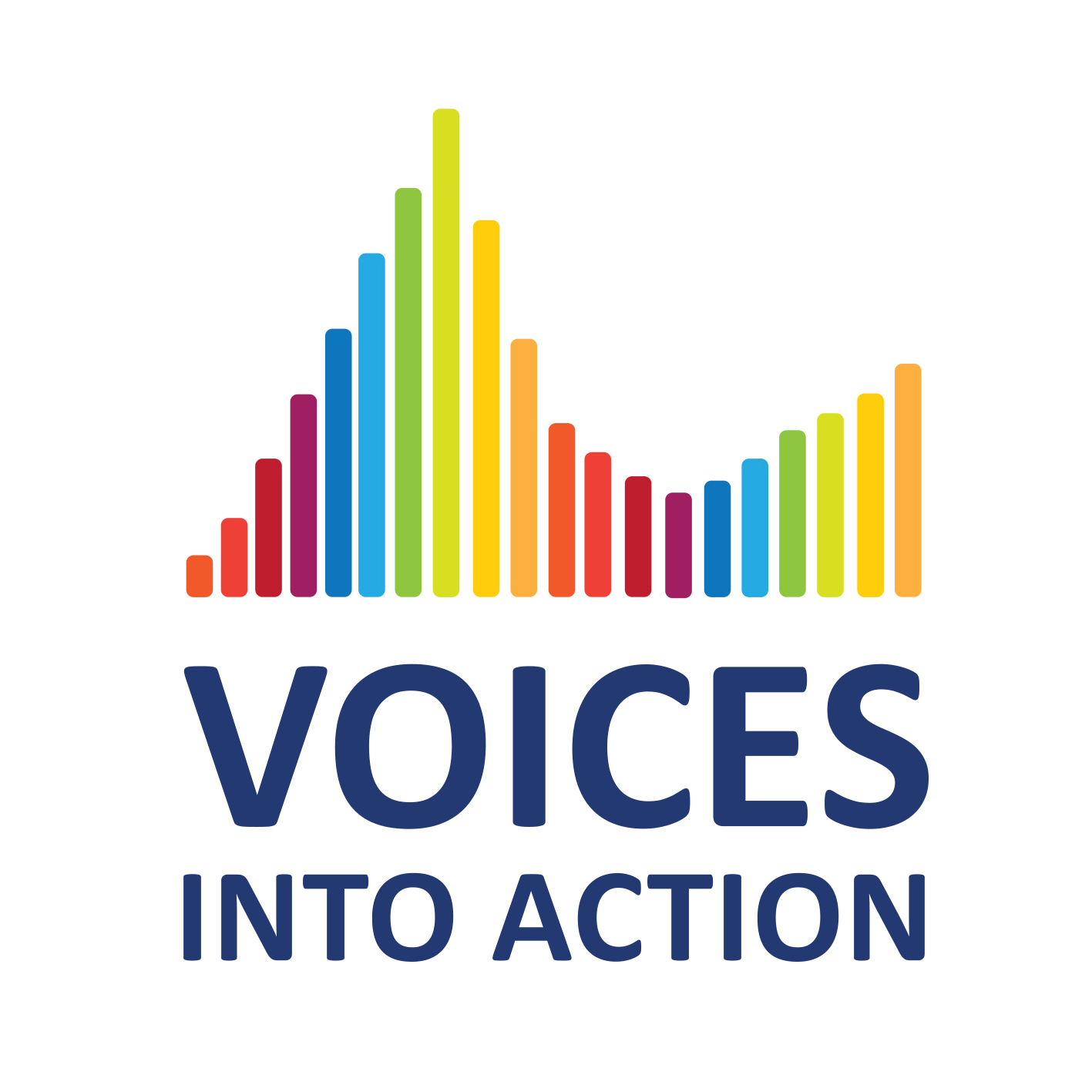Resource library
This area contains resources that are relevant to the VIA Framework, and that stakeholders can consult to inform planning, participation and evaluation processes. Click 'show filters' below to narrow resources down by topic area. Click 'clear filters' to reset your search.
This manual aims to empower learners to participate in education decision-making processes by forming their own organisations. It contains tips about how to run an organisation, organise events and advocate for your rights.
This report covers an initiative that involved giving children and young people the opportunity to express their voices and share their experiences related to the COVID-19 pandemic. Laura Lundy’s model of child participation informed this process, including the Committee’s next steps.
On-going work: In partnership with various governmental departments and authorities, the Northern Ireland Department of Education is working on a ‘Young People’s Participation in Decision-Making’ project. The project aims to establish an inclusive network supporting young people to provide their views on policy development and decision-making. One key issue being considered is how to ensure that engaging young people on policy and decision-making becomes ‘routine’. The department recognises the Lundy model as an effective method of conceptualising the aims of the United Nations Convention of the Rights of the Child and defining the elements needed for meaningful participation.
This publication describes the findings of a study exploring how the COVID-19 pandemic affected learners’ education and inclusion in educational decision-making around the world. It assesses the effects of school closures on opportunities for learner voice. It also includes recommendations for school leaders, teachers, policy-makers and young people on how to address this loss in opportunities, particularly for disadvantaged learners.
This toolkit, produced as part of the Welsh Government’s Children First approach, aims to enable schools to put children and young people at the centre of decision-making. It includes 10 suggested activity-based, participatory sessions for engaging learners in school-based research.
Produced by parents of learners with disabilities, this resource aims to support families to take on leadership roles in efforts towards inclusive education. It includes three real stories from mothers in Colombia, Romania and the UK as examples of effective parental advocacy. It also outlines five key principles of family participation, along with reflection tools and other resources.
This toolkit offers guidance for implementing monitoring and evaluation processes, including practical tools for organisations, youth-led groups, governmental bodies and professionals.
This 'Resourced provision toolkit', co-developed between researchers and three mainstream schools in a research project in England, includes eight areas that schools need to consider when educating learners. In particular, Area 5 ('Collaboration with parents') describes how can school staff and external professionals collaborate with parents.
Look who’s talking: Eliciting the voices of children from birth to seven was an international seminar series held in Scotland, that brought together researchers and practitioners working to elicit voice with young children (from birth to seven years old). The website contains links to further information and practical resources (including the ‘Talking Point Posters’: downloadable colourful representations of relevant topics around voice)
U-Report is a social platform created by UNICEF, available via SMS, Facebook and Twitter where young people express their opinion and can be positive agents of change in their communities. U-Report empowers young people around the world to engage with and speak out on issues that matter to them. U-Reporters respond to polls, report issues and support child rights. The data and insights are shared back with communities and connected to policy makers who make decisions that affect young people.

